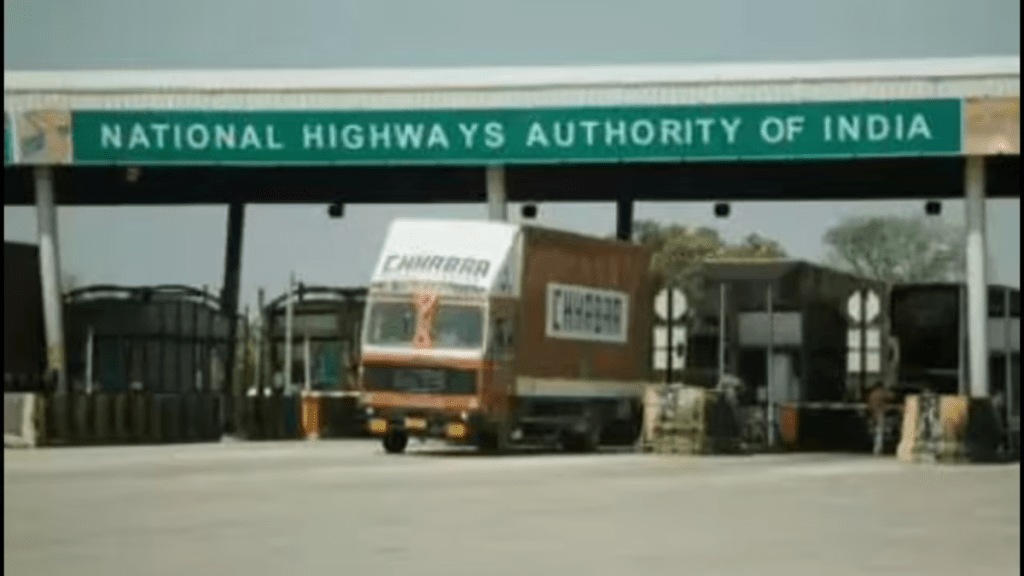A Bhadohi district collector’s court received a complaint against a Delhi-based firm responsible for collecting tolls on Uttar Pradesh‘s National Highway-19. The firm is accused of acquiring a 15-year lease for only Rs 100 in stamp duty.
On March 18, 2023, the firm, via its representatives, signed a 15-year lease agreement. This agreement granted the firm the right to collect tolls on the 72.64-km NH-19 stretch connecting Prayagraj and Varanasi. The total toll transaction was valued at Rs 3,144 crore, incurring a stamp duty of approximately Rs 63 crore due to the state government, calculated at 2% of the registered value.
However, officials discovered that the agreement was executed on a Rs 100 stamp paper and remained unregistered. This raised red flags during a broader review ordered by the state’s Chief Secretary on September 26, 2024, who directed all district magistrates to scrutinise toll concession agreements for duty compliance.
The directive cited a landmark Supreme Court ruling from July 2024 in the case of Rewa Tollway Pvt Ltd vs Madhya Pradesh, which upheld that toll concession contracts fall under the definition of leases and therefore require stamp duty at applicable rates.
Acting on the state’s instructions, the Bhadohi District Collector issued notices to the firm in early 2025, seeking an explanation. When the company failed to provide a satisfactory response, formal proceedings were initiated under the Uttar Pradesh Stamp Act on June 20.
The Chief Secretary further instructed collectors to verify the collection of 2% duty on agreement values. Subsequently, the Bhadohi District Collector issued notices to the toll company in January and March. Upon not receiving a satisfactory response, the Collector initiated a case against the company on June 20 under the Uttar Pradesh Stamp Act.
Senior officials confirmed that over 30 similar toll agreements are under scrutiny across Uttar Pradesh in light of the Supreme Court’s July 2024 ruling affirming that such concession contracts qualify as leases and attract corresponding stamp duty.
